By: Ang Gonzales (they) intern at CSVANW
Community Voice
This Domestic Violence Awareness Month, I had the profound honor of running alongside fellow survivors in the Coalition to Stop Violence Against Native Women (CSVANW) 10th Annual, I Will Run for Them 5k event. The collective strength, healing, and deep engagement I witnessed within the tribal community were truly inspirational.
The work of domestic violence awareness is an ongoing, critical endeavor that demands prevention and intervention strategies at every level: micro, mezzo, and macro. This crisis affects all identities, but its impact is devastatingly pronounced for Native women.
- The National Institute of Justice indicates that 84 percent of Native women experience some form of violence in their lifetime, and 55.5 percent have survived physical violence by an intimate partner.
- LGBTQ+ survivors face structural oppression when reporting intimate partner violence; in 2012, only 5 percent filed orders of protection (NCADV).
This violence is a spectrum of oppressive behaviors enacted within families and between partners. It can leave physical bruises or manifest as the invisible wounds of manipulation, isolation, financial abuse, or invalidating words. It affects the whole family: reports show that 60 percent of Native children have been exposed to violence, and those who witness it are 75 percent more likely to become a victim or a perpetrator. As the saying goes, hurt people hurt people, and sometimes we hurt the ones we love the most while trapped in the cycle.
Domestic violence has been a painful taboo, silenced for far too long. The first step toward healing is the acknowledgment that subjecting another human or animal to violence is ultimately a choice. Healing begins with recognition and a willingness to understand the full context.
Colonization is directly linked to historical trauma, which in turn leads to unresolved trauma that recreates the cycle of violence today. The boarding school period and past European and American colonial policies serve as stark examples of historical trauma inflicted on tribal communities.
As an Indigenous Two-Spirit individual, I acknowledge that the playing field is not equal. I have personally experienced assimilation to appease society, which has at times left me feeling lost in my own identity. Yet, in my heart, I know my Native matriarchal ancestors would want me to continue carrying our culture, language, and tradition.
An intentional awareness of how oppression is embedded in the structure of most social and economic systems is imperative. Oppression from colonization has perpetrated human systems of violence that result in the systemic inequality we see today.
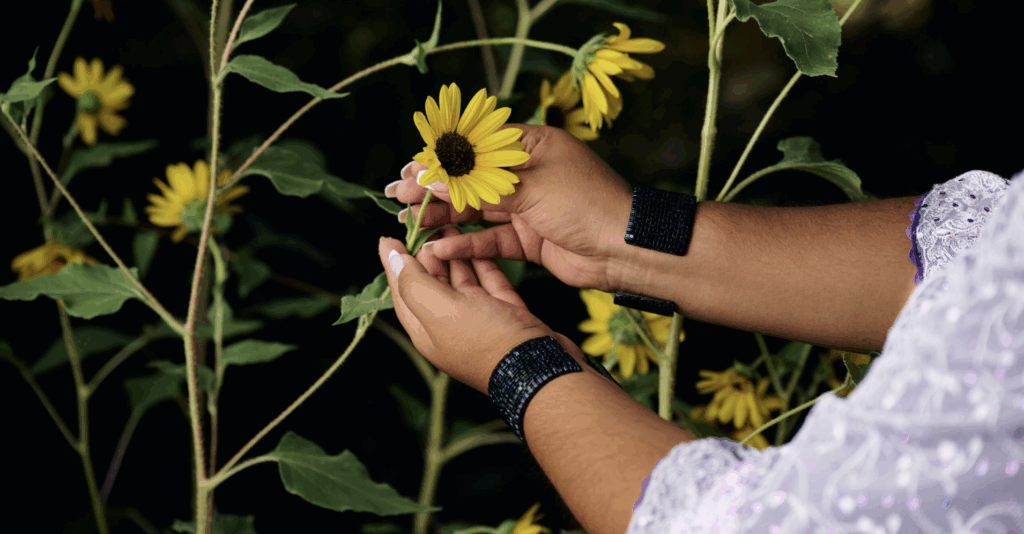
Healing is a personal journey for survivors, but collective healing begins with a conscious awareness of self and recognition of domestic violence within the family. This is the foundational work for breaking cycles of violence.
Prevention and intervention are key to strengthening the resilience in our tribal communities. For three decades, CSVANW has been a vital force, providing specific anti-violence support and resources to Native survivors. Their focus on changing policy, increasing advocacy, providing education, and relentlessly building community offers the most effective prevention and intervention resources for tribal communities.
The ongoing work of restoring safety also extends to restoring ourselves: nourishing our bodies with healthy food, water, sleep, and exercise, connecting with ceremony, and using mindfulness to connect with nature. With kinship, our community stands together to restore healthy relationships with ourselves and our communities for our future generations. Running with my brothers and sisters on ancestral land provided a safe space for me to begin healing from my own lived experience. As I ran this month, I felt the wind in my hair, and in that wind, I heard my matriarchal ancestors’ voice: “You Are Strong.”
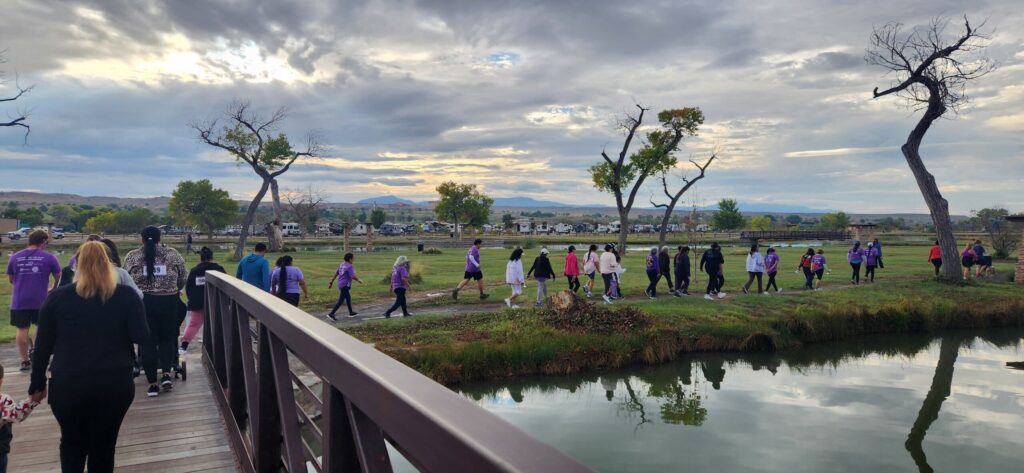
CSVANW is a 501(c)(3) organization that is funded in part by the Office on Violence Against Women, U.S. Department of Justice. The opinions, findings, conclusions, and recommendations expressed in this publication/program/exhibition are those of the author(s) and do not necessarily reflect the views of the U.S. Department of Justice.
Related Posts
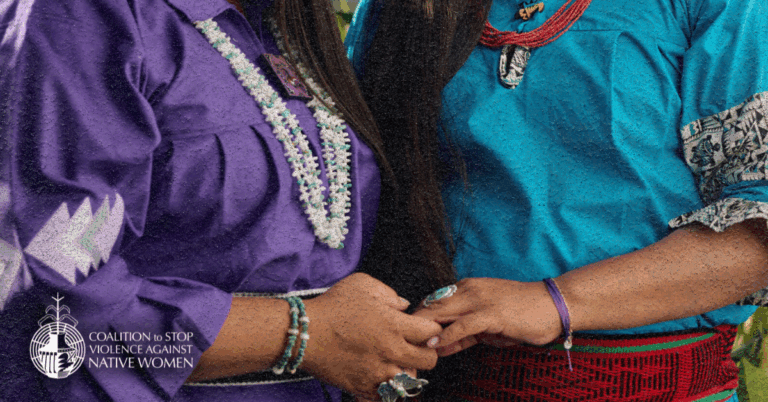
Honoring Your Healing: Gentle Goal Setting After Trauma or Loss
By CSVANW Healing after trauma or loss is never a straight path. For many of…
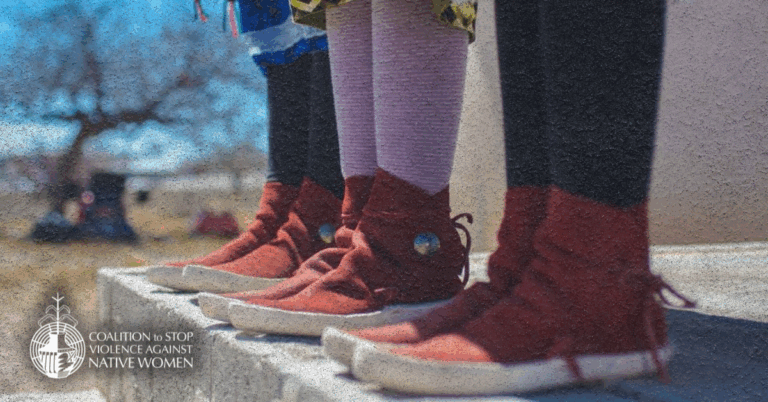
Taking Care of Yourself and Your Family During the Holidays
By CSVANW The holiday season can hold many emotions at once: joy, reflection, overwhelm, grief,…
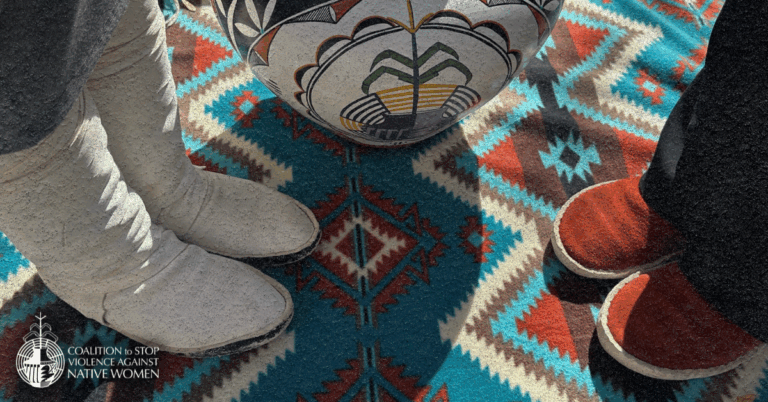
Walk a Mile in Their Mocs
Stories from Advocates Protecting Our Relatives, Preserving Our Future. Every November, Native American Heritage Month…
